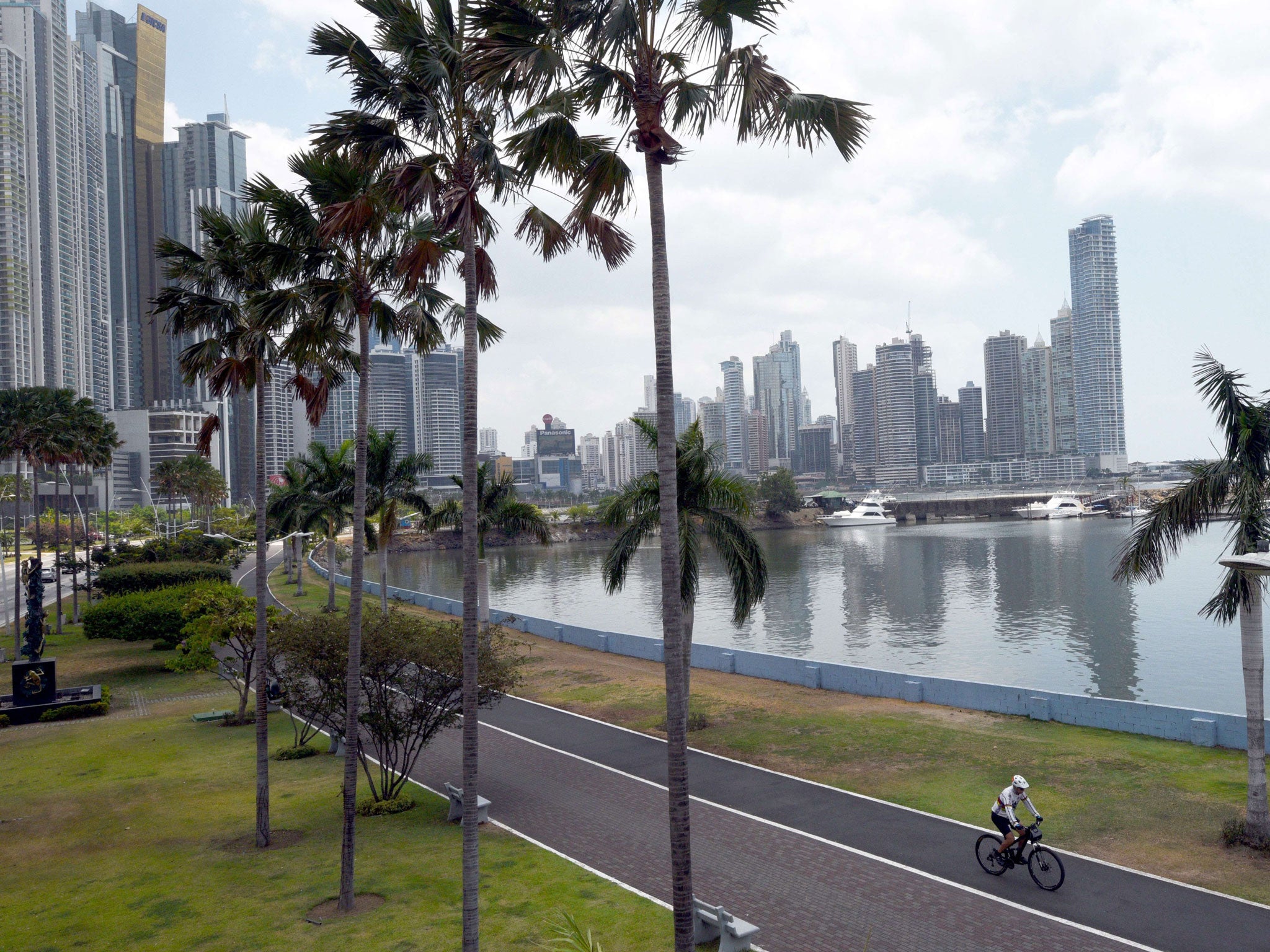Your support helps us to tell the story
From reproductive rights to climate change to Big Tech, The Independent is on the ground when the story is developing. Whether it's investigating the financials of Elon Musk's pro-Trump PAC or producing our latest documentary, 'The A Word', which shines a light on the American women fighting for reproductive rights, we know how important it is to parse out the facts from the messaging.
At such a critical moment in US history, we need reporters on the ground. Your donation allows us to keep sending journalists to speak to both sides of the story.
The Independent is trusted by Americans across the entire political spectrum. And unlike many other quality news outlets, we choose not to lock Americans out of our reporting and analysis with paywalls. We believe quality journalism should be available to everyone, paid for by those who can afford it.
Your support makes all the difference.Millions of confidential documents have been leaked from one of the world’s most secretive law firms, exposing how the rich and powerful have hidden their money.
Dictators and other heads of state have been accused of laundering money, avoiding sanctions and evading tax, according to the unprecedented cache of papers that show the inner workings of the law firm Mossack Fonseca, which is based in Panama.
But how doest tax avoidance work ?
1) An individual or company transfers assets or cash to the nominal ownership of an offshore company, with the transaction facilitated by a law firm such as Mossack Fonseca.
2) The offshore company is registered in a tax haven regime such as the British Virgin Islands, which doesn’t disclose who the beneficial owner is and which doesn’t co-operate with other tax authorities. So the owner of the assets can avoid national taxes in their resident country – whether income tax, capital gains, or corporation tax – which might otherwise be due.
This is purely an accounting issue. The individual doesn’t move to live in the tax haven. And the company’s employees can be based anywhere in the world. Going offshore be used to hide the proceeds of a crime from the legal authorities.
3) To access the money, the offshore company could lend money with a zero interest rate to a company based in the home country of the individual which is also ultimately owned or controlled by the individual or company that is avoiding tax. This individual or company can then extract cash from the recipient company while paying minimal tax.

Join our commenting forum
Join thought-provoking conversations, follow other Independent readers and see their replies
Comments